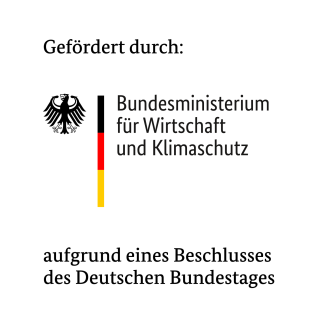The overall objective of the ELEMENT project is to create cost-effective and convenient charging options for the e-vehicles of buildings with multiple tenants. Essential for this is the improvement of an existing energy management system for such buildings. A charging management system coordinates the charging processes according to the needs of the tenants including decentralized power generation systems (e.g. photovoltaics on the roof of the apartment building, combined heat and power unit in the apartment building). In addition, communication with the power grid is implemented via a smart meter gateway so that dynamic power grid restrictions as part of the amendment to § 14a EnWG can also be taken into account. Therefore, a cost-intensive reinforcement of the grid connection as well as the power grid as a whole is avoided.
Monetary tariff, compensation and incentive models to be developed should encourage the tenants to behave in a solidarity way taking care of the grid. This also includes the use of e-vehicle batteries as controllable energy storage devices to provide grid-valuable services and to absorb a local and temporal surplus of renewable energy (especially from photovoltaics). Overall, these models should lead to an equitable distribution of revenues and burdens among the tenants.
The functionality of the system to be developed is to be demonstrated in a residential building with several tenants in Stolzestraße as well as in a mixed-use building consisting of several apartments, business premises and a medical practice in Peter-Paul-Straße.
The focus of ifak's work is on the development of the charging management system taking into account dynamic power grid restrictions and charging requests of the tenants.






